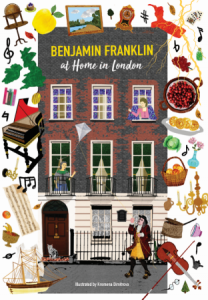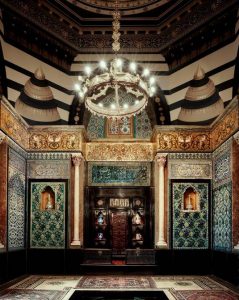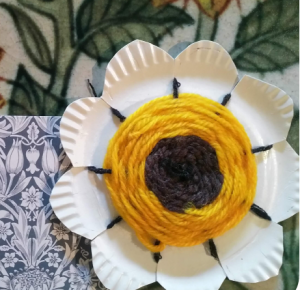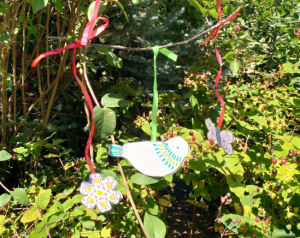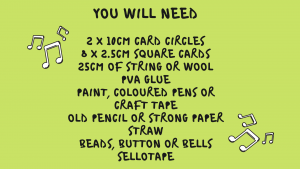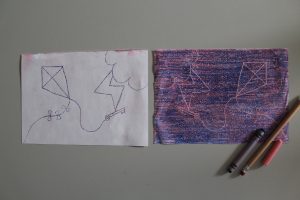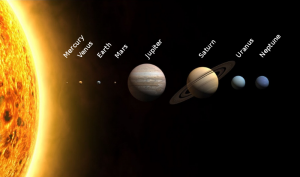We are excited to announce that following new UK government guidelines on museums and galleries, Benjamin Franklin House will be reopening to the public with the support of the National Lottery Heritage Fund.
In celebration of American Independence Day, we will offer Architectural Tours from 2-4pm on 4 and 5 July. Please make a booking for this special celebration here.
Following, we will be open Friday-Sunday, 12-5 for Architectural Tours from Friday, 10 July. We hope to begin running our primary offering, the Historical Experience, before the close of summer.
Please make a booking for Architectural Tours here.
Changes to ensure the safety of visitors and staff
To ensure we keep everyone safe:
- We are limiting group sizes to 4 people from separate households. If your group has more than 4 people from your household, please contact us at info@benjaminfranklinhouse.org or +44 207 839 2006 to arrange your booking
- All staff and visitors (excluding those exempt under current UK government guidance) will be required to wear a mask inside the House – on entry, visitors will find a station with hand sanitiser, masks, and gloves
- Our staff will be regularly cleaning the public areas throughout the days we are open to the public to ensure a safe environment
We look forward to welcoming you again to Benjamin Franklin’s only surviving home in fulfilment of our mission to bring history and innovation to life!
Benjamin Franklin House Team

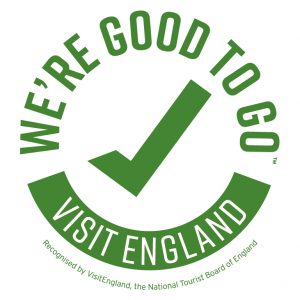

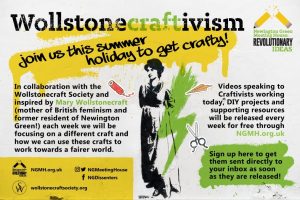 Mary Wollstonecraft was just one of the revolutionary figures who visited the
Mary Wollstonecraft was just one of the revolutionary figures who visited the 